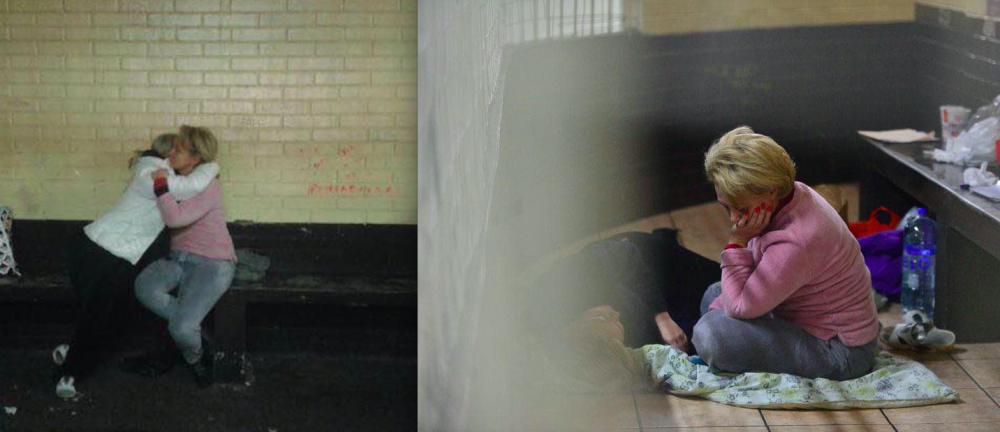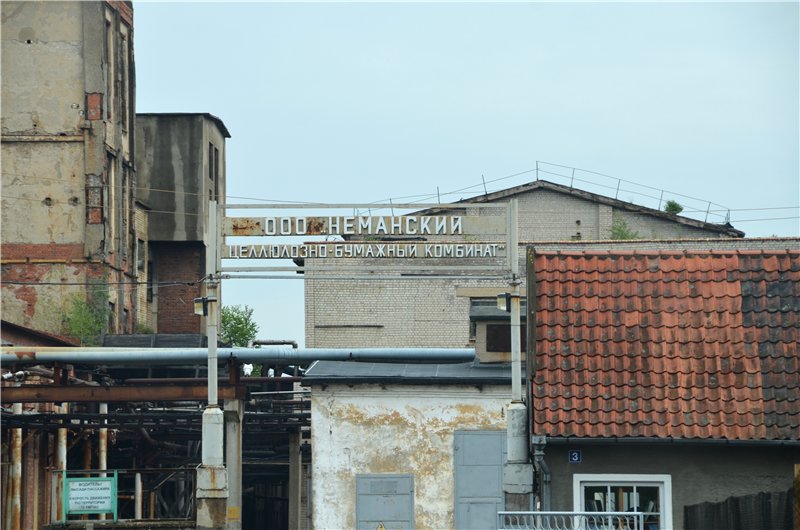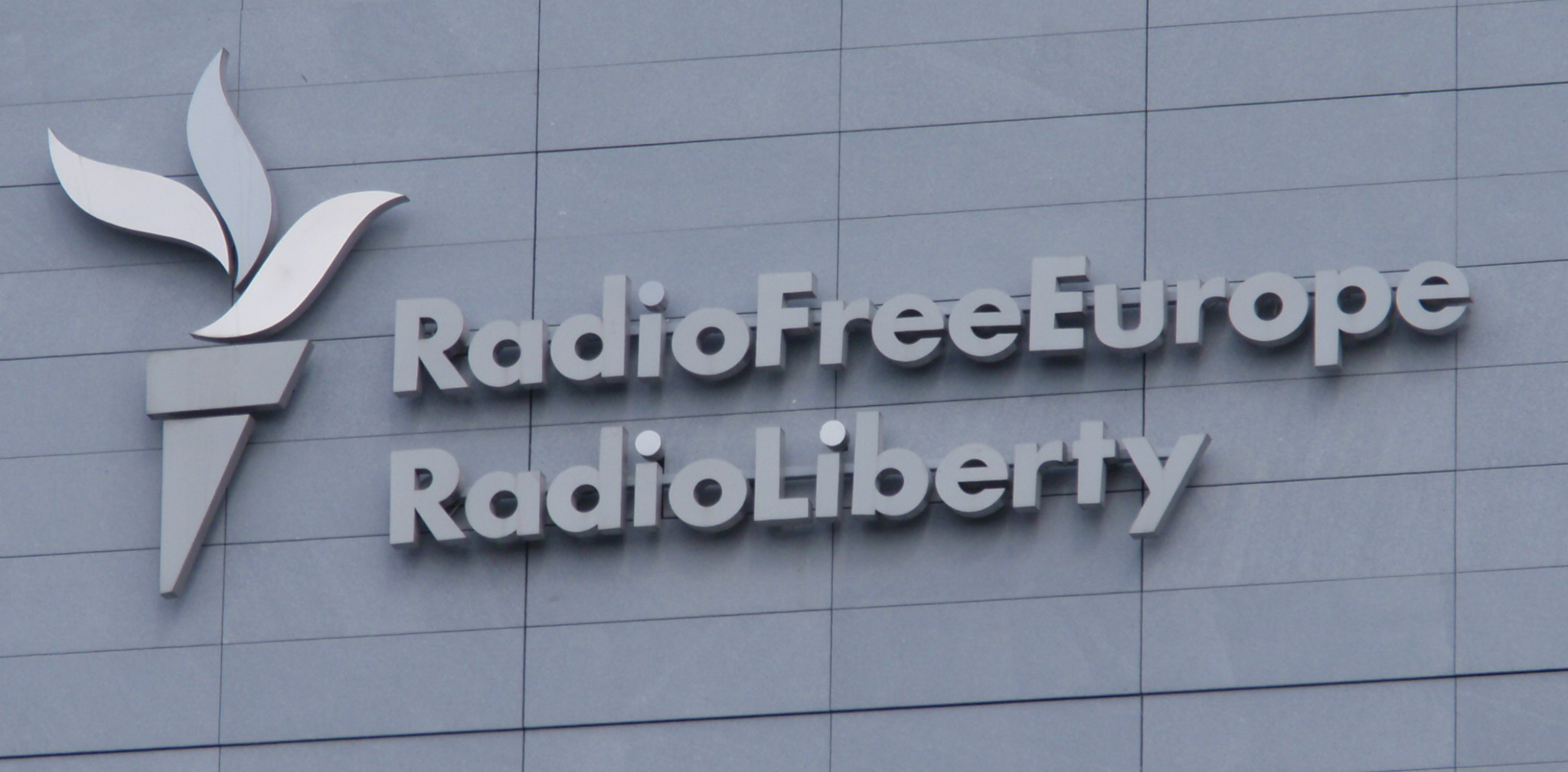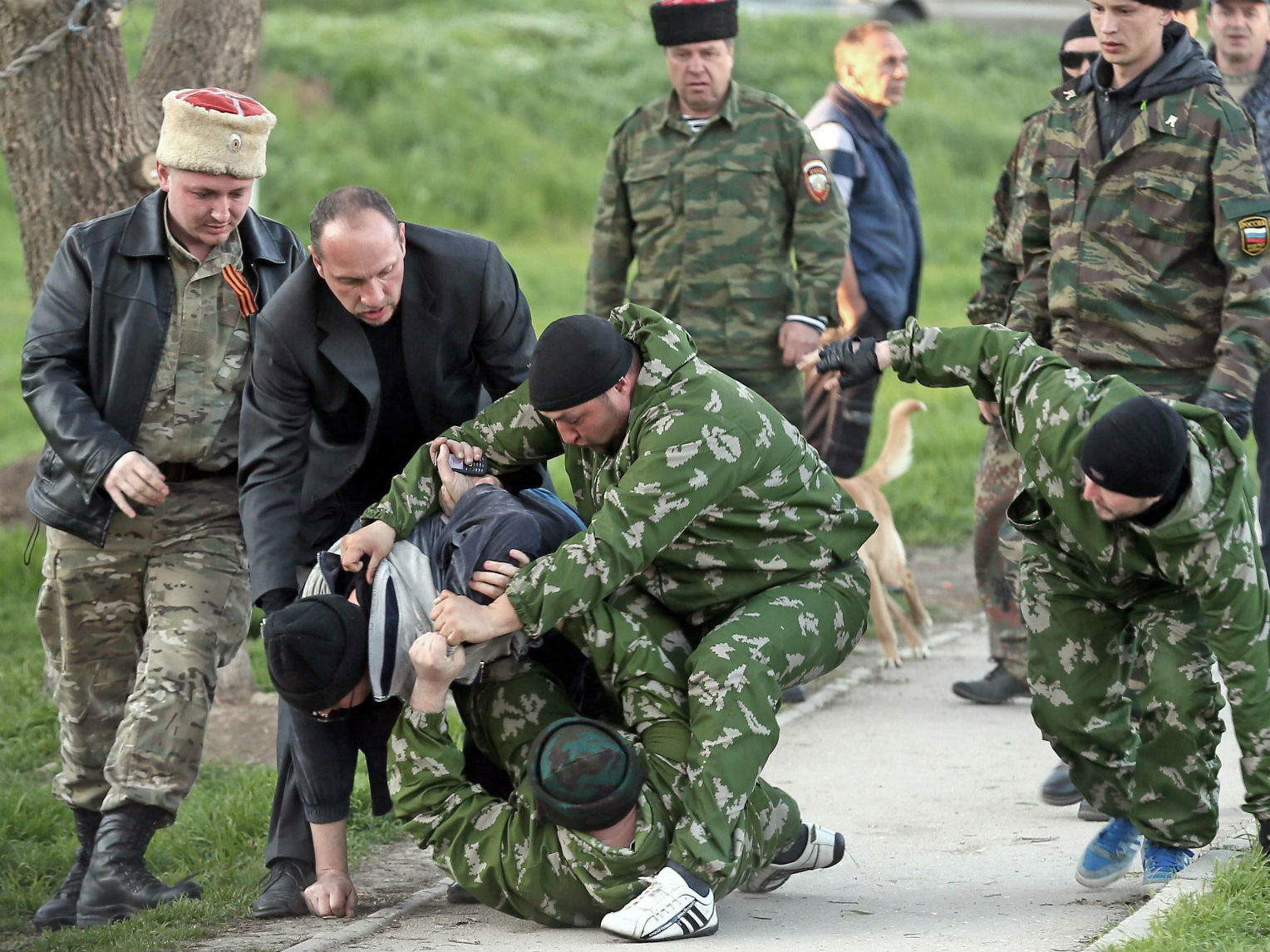In the age of the Internet, it isn’t enough for an authoritarian ruler to control what appears in newspapers and on television. If he really wants to isolate his opponents, he must try to intimidate journalists into not covering those the leader doesn’t like lest they post their reports online and give aid, comfort and especially exposure to his opponents.

That is a line Vladimir Putin has now crossed in the case of Grigory Pasko, an independent journalist who has been researching the case of Igor Bitkov, a Russian businessman now being detained in Guatemala at Moscow’s insistence because he apparently crossed Putin personally or one of Putin’s entourage.
The Bitkov case is such an egregious example of the combination of corruption and official overreaching at the top of the Russian political system that not surprisingly it has attracted the attention of journalists and rights activists both in the Russian Federation and the West.
That attention, from people whose stories Putin can block from appearing in Russian-government controlled media but cannot be equally successful in preventing such reports from appearing online or in publications now beyond the reach of the Kremlin, has prompted the Kremlin to take steps to keep even independent journalists from covering stories like this one.
On Wednesday, Pasko writes on Ekho Moskvy today, he was attempting to visit a source on the Bitkov case in Neman, a city in the Russian exclave of Kaliningrad. He was stopped by 4 armed men, clearly the FSB officers (FSB is the Russian state security police descendant of the KGB) and told he was in a state border zone without the necessary authorization.
But it quickly became obvious that they were acting not because he had violated any rule but rather because in the words of one, they had “received orders” to stop him from doing the interview and had come up with a charge that they likely couldn’t substantiate to try to achieve that end.
Pasko says he was held for three hours, the time that he described as being in a kind of “time machine” that returned him back to the Soviet era, when this sort of thing happened often enough to any journalist who tried to investigate a story the communists did not want investigated. Now, Putin is restoring this approach, using the state security apparatus to keep certain things under wraps.
However, this ploy isn’t working, at least as far as Pasko is concerned. He pledges to go ahead with his investigative journalism, a brave step given the resources the Kremlin can deploy against him. But Putin’s effort is backfiring in exactly the way one could have predicted: other online journalists are picking up the story and thus attracting more attention to it and to the Bitkov case.









